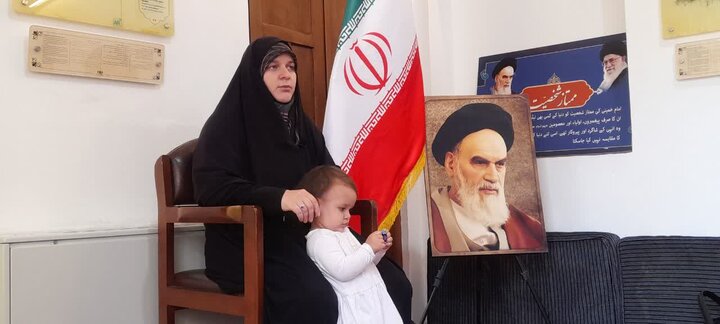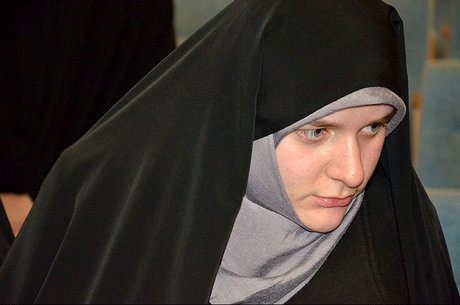Amid the noise of modern life, somewhere between glass skyscrapers and digital screens, a new generation of Western women is rethinking its lifestyle.
In an era where modern feminism has pushed women into soulless office jobs and consumerist routines, two powerful stories from England reveal a new awakening. Jo Lawrence, 25, who has been running her family farm alone since the death of her father and brother at age 17, and Chloe Marsh, 32, who deliberately left a finance career to become a dairy farmer, are living proof that today’s women are searching for a deeper meaning in life.

Modern feminism, with its seductive slogans, pulled women away from their natural and fruitful roles. What claimed to be liberation in fact became a new form of bondage: servitude to an urban capitalist system that separated women from their children, from their homes, and from the joy of truly productive work. But today we are witnessing a quiet yet powerful uprising. Women like Jo and Chloe are consciously challenging the emptiness of modern life.
Jo Lawrence, despite droughts and pregnancy, continues to manage her farm. This is the real picture of female strength—not the artificial kind displayed in chic corporate offices. Chloe Marsh, by choosing agriculture over finance, demonstrates that Western women today seek meaningful work, not shallow social positions.
This return to farming and traditional livelihoods is a historical irony for modernity itself. A system that once promised to “liberate” women in practice enslaved them to endless bills, loans, and sterile routines. Now women are realizing that true freedom lies in productive labor, connection with the land, and real independence—not in corporate salaries and credit cards.
This shift signals the failure of modern feminism’s project. Women who once fell for the empty promises of equality are now returning to authentic values—values that grant them true dignity: responsibility, resilience, fruitful labor, and the natural gender roles that provided stability to human societies for centuries.
Women like Jo and Chloe are pioneers of a movement that proves real civilization is not found in escape from nature, but in harmony with it. One day, this era may be remembered as a turning point in history—when humanity realized that real progress lies not in blind rebellion against the wisdom of the past, but in returning to it.
Analytical translation by Jahanbanoo, adapted from BBC reporting




